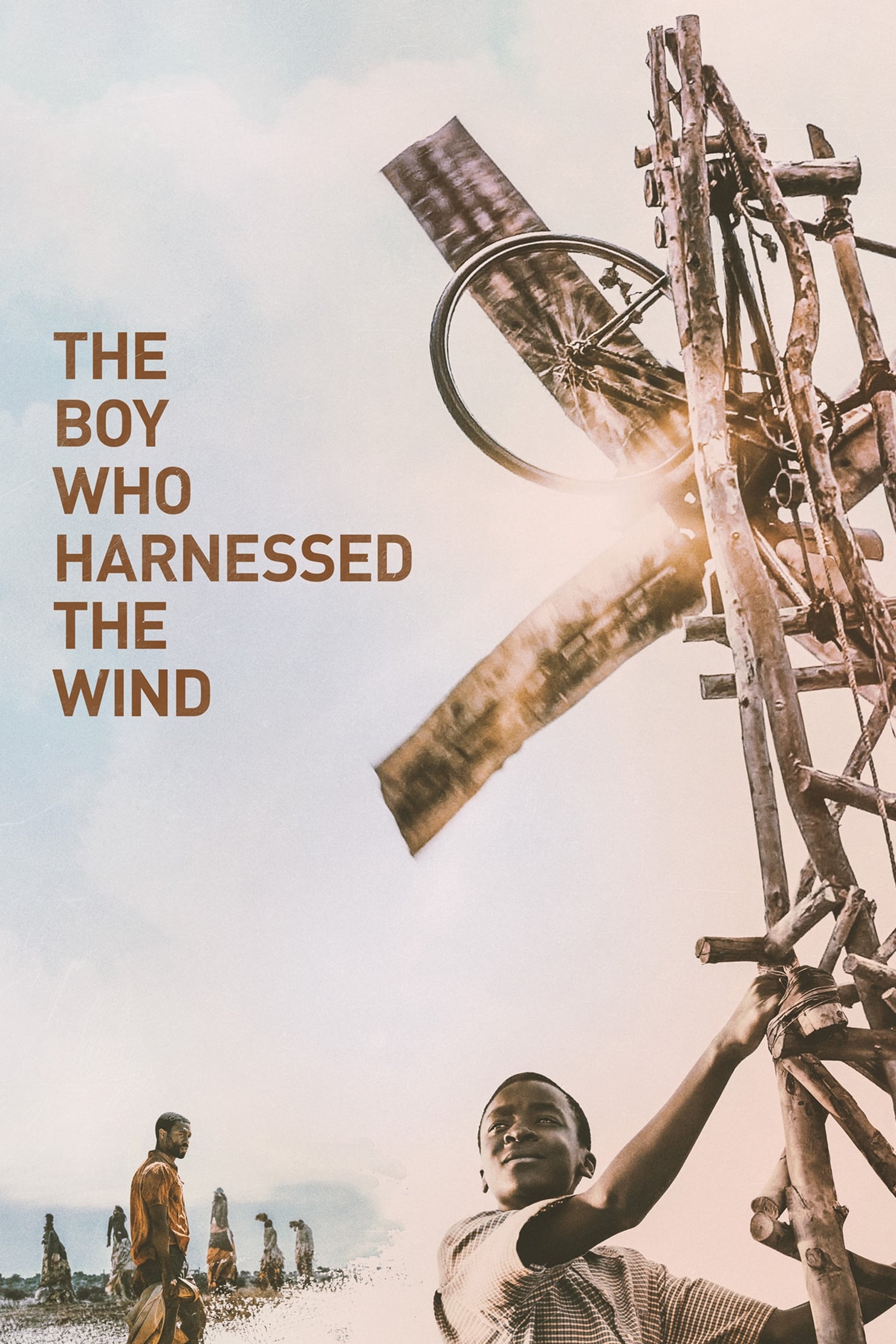
Against all the odds, a thirteen year old boy in Malawi invents an unconventional way to save his family and village from famine.
18 Jan The Boy Who Harnessed the Wind (2019)
Stealing Energy
This is well enough made to hide its nature, what we used to call Hallmark movies. These are films that tell a story without irony, narrative elaboration or recognition of its cinematic conveyance. The closer to reality and the fewer theatrics the better. Ideally, as here, the place and culture are different enough (from the viewer’s) to make this plain: that this is real and not synthetic. If it recounts something that actually happened more or less that’s ideal.
These movies are intended to uplift in some way. The job of the story now denuded is to give the viewer the experience of triumph in their own souls.
I maintain that this genre has the opposite effect than their well wishers advertise because the thing that is missing is the machinery we use to make narrative matter. Narrative is food, food for our souls. It is the single thing that makes us us. Long before we knew how to plant we used narrative to expand our notion of identity and place among others. The story itself (‘a boy achieved’) is the least of what we had to invent.
Just think of the layers and elaborations of language, meaning and conveyance we had to develop! We did that collectively over perhaps a million years through countless shared actions. The way we choose to tell a story matters more than what the story is, because it is the conventions that bind us. The story is just the breeze in the forest.
With technology, we’ve elaborated these conventions. Cinema is where we still evolve and expand them – the only thing that makes us human. When you go to a film, a real one, you are participating in, perhaps investing in the maintenance or even growth of that humanity.
Beware of stories that eschew that recognition of the human connection. Beware of those that pretend there are lives ‘out there’ that differ from yours. They are stealing your energy, your ability to grow and share. One effect is that you are exploiting this boy and village for a small reward. They lose because we push them away.
By now, you may be irate, thinking I am somehow saying something negative about this boy and his village’s plight. He’s there without because we are afraid to share, even in our movie about him.
Posted in 2019
Ted’s Evaluation — 1 of 3: You can find something better to do with this part of your life.


No Comments